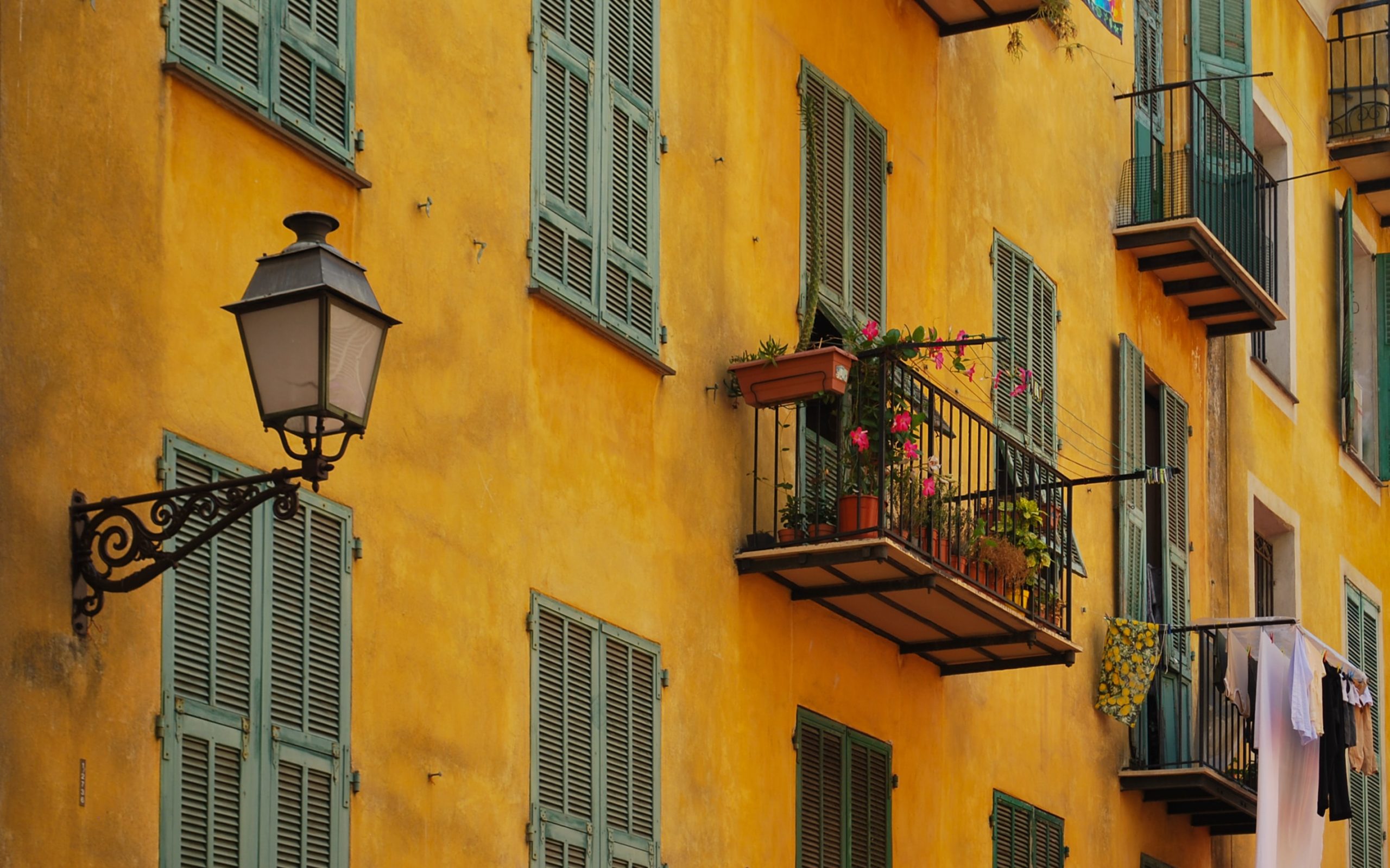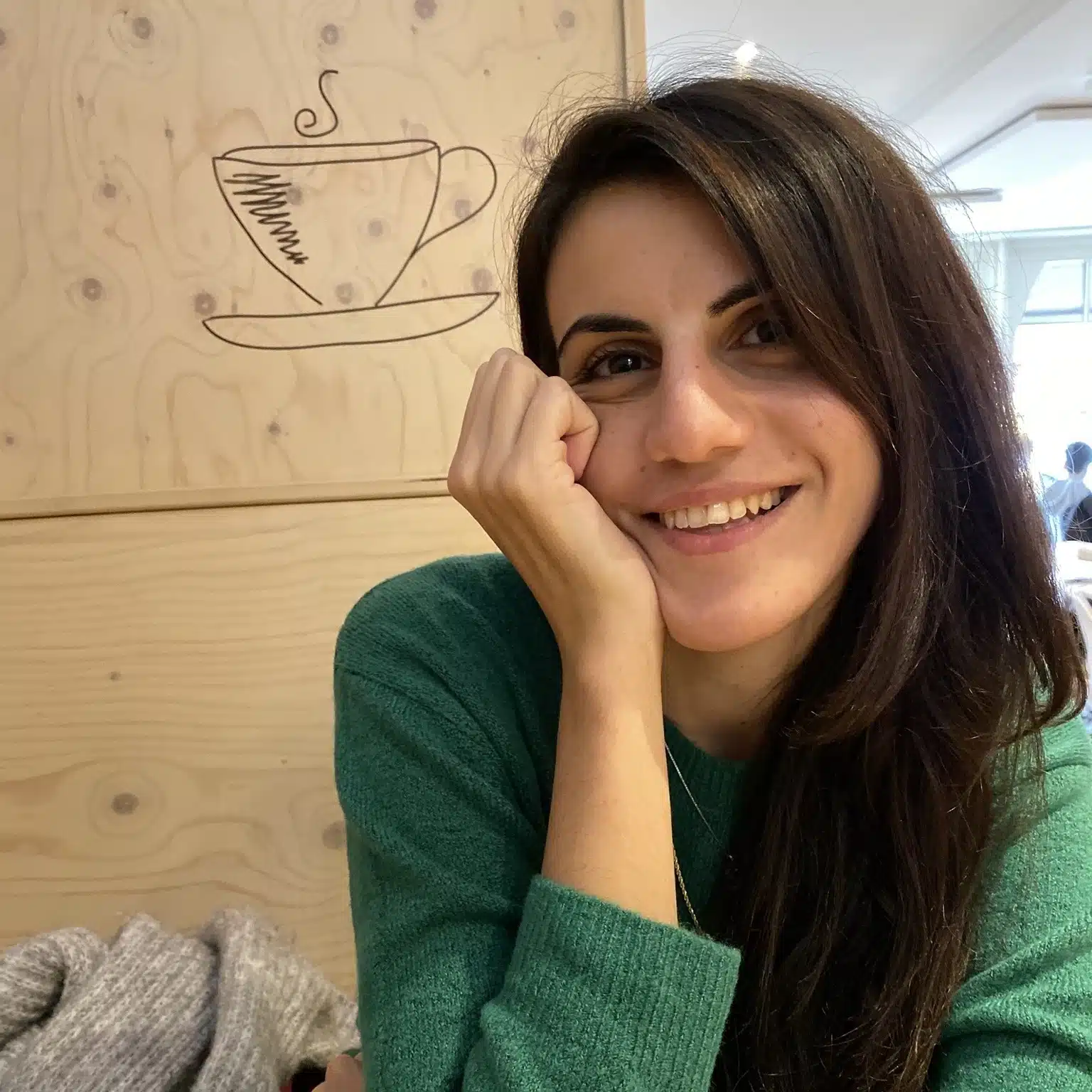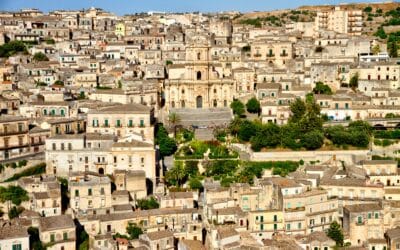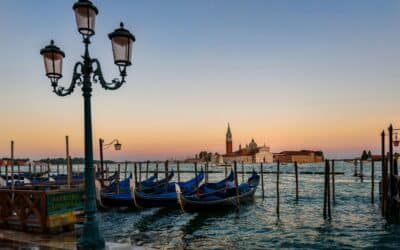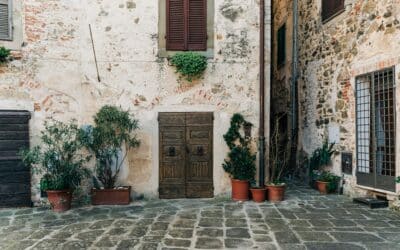Nouns ending in ‘-o’ or ‘-a’
In Italian language, nouns, pronouns, and adjectives can be assigned one of two grammatical genders: masculine or feminine. The gender of a word is arbitrary and does not always have a logical connection to the gender of the person or object it represents.
The gender of most Italian nouns is pretty straightforward.
Nouns ending in “O”, like “il tavolo”, “il ragazzo”, “lo zaino” are masculine, while nouns ending in “A” are feminine, like “la casa”, “la donna”, “la borsa”.
Knowing the gender of a word is important in Italian because it affects the form of articles, adjectives, and pronouns used with it.
Nouns ending in ‘- e’
However, there’s a pretty conspicuous group of nouns ending in -E and it can be a bit tricky to determine the gender of these nouns, as the gender is often arbitrary and not related to the meaning of the noun. or example, “il fiore” (the flower) is masculine, while ‘la neve’ (the snow) is feminine.
There are some patterns that can help determine the gender of a noun ending in -e. However, it’s important to keep in mind that these patterns are not absolute and there may be exceptions. Here are a few general guidelines:
Nouns ending -iere or -ore are usually masculine.
Nouns ending in -trice are usually feminine.
Note that nouns denoting professions that end in -ore in the masculine form change to –trice in the feminine form. For example:
| Italian (Masculine) | Italian (Feminine) | English Translation (Masculine) | English Translation (Feminine) |
|---|---|---|---|
| il cameriere | la cameriera | waiter | waitress |
| il portiere | la portiera | doorman/porter | doorwoman/portress |
| lo scrittore | la scrittrice | writer | writer (female) |
| l’imprenditore | l’imprenditrice | entrepreneur | entrepreneur (female) |
| l’attore | l’attrice | actor | actress |
Nouns ending in – ente, – ante and – ese, can can be either masculine or feminine. The gender in this case is determined by the article.
| Italian (Masculine) | Italian (Feminine) | English Translation (Masculine) | English Translation (Feminine) |
|---|---|---|---|
| il cantante | la cantante | singer | singer (female) |
| l’insegnante | l‘insegnante | teacher | teacher (female) |
| il cliente | la cliente | client/customer | client/customer (female) |
| il francese | la francese | French person | French person (female) |
Nouns ending in -sione or -zione are feminine.
| la televisione | television |
| la passione | passion |
| la tensione | tension |
| la missione | mission |
| la stazione | station |
| la comunicazione | communication |
| l’introduzione | introduction |
Nouns ending in ‘ista’ and ‘eta’ are invariabile in the singular form. However they decline into -ISTI/ISTE and -ETI/-ETE in the plural form.
| Italian (Singular) | Italian (Plural) | English Translation (Singular) | English Translation (Plural) |
|---|---|---|---|
| il/la turista | i turisti/le turiste | tourist | tourists |
| il musicista | i musicisti/le musiciste | musician | musicians |
| l’atleta | gli atleti/le atlete | athlete | athletes |
More exceptions
Words ending in -ema and -ima are masculine.
- il problema – the problem
- il tema – the topic
- il sistema – the system
- il clima – the climate
Words ending in -isi and -esi are feminine.
- la tesi – the thesis
- la crisi – the crisis
- la sintesi – the synthesis
Words ending in -è and –ù are feminine.
- il caffè – the coffe
- il tè – the tea
- la virtù – the virtue
- la gioventù – the youth
Foreign nouns, unless they refer to a female, are generally masculine.
- il bar
- il sandwich
- il cocktail
- il bus

